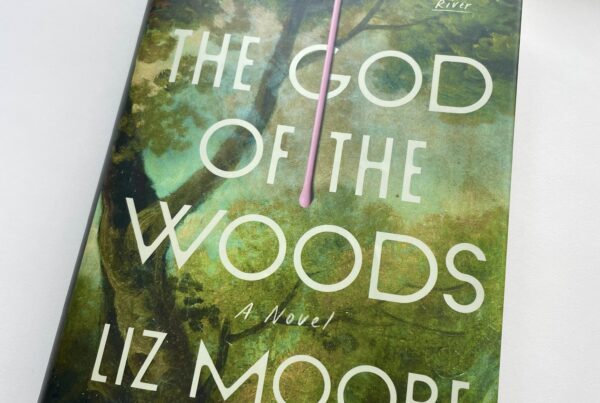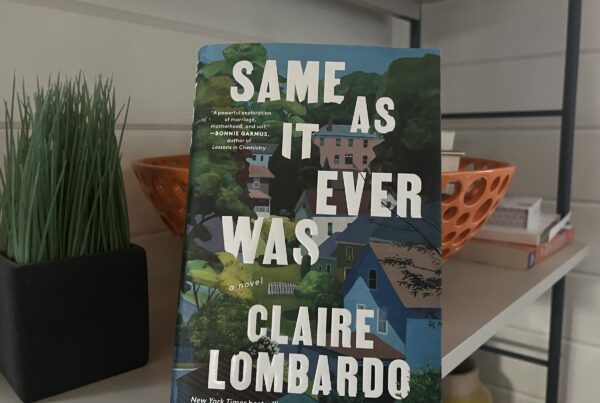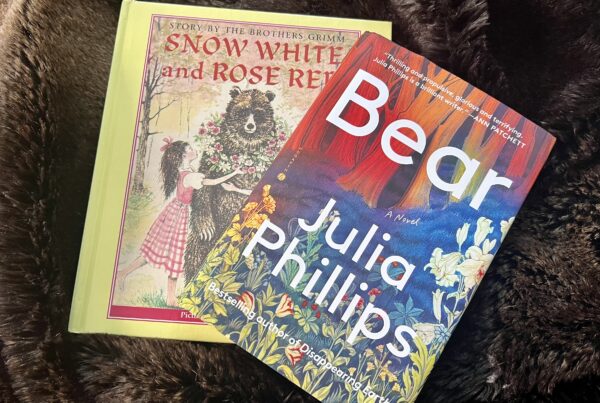Two years after she published her debut novel, The Hate U Give, which has spent a consecutive 107 weeks on the New York Times bestseller list, Angie Thomas has released her second young adult book, On the Come Up. In the midst of writing my own second book, I often wonder how Thomas approached a follow-up to her extraordinarily successful debut. I can’t imagine the pressure she must have felt, but I can imagine how easy it would be to misstep, doubt, and falter throughout the process.
Luckily for us, this book doesn’t show any missteps or insecurities. In On the Come Up, we get another honest, intimate look into the life of a young, black woman who is trying to find her voice. This time, however, Thomas’s protagonist, Bri, is propelling that voice into a mic from the get-go, unlike Starr in THUG, whose journey to the podium is slower and full of resistance.
Bri is an emerging rapper in her neighbourhood and though we see her commanding the mic in the first few pages during a rap battle, it takes much longer for her to build her words into something she can be proud of. Thomas herself used to rap, which shows in the pages as she includes Bri’s lyrics and also—in a neat narrative trick—displays how Bri develops those lyrics in her head by listening for rhymes and syllables in the words around her. We get a sneak peek into Bri’s process here that deepens our sense of what inspires her.
Bri has her struggles, of course, which at the outset seem stereotypical—her family is poor, armed guards reside in her school’s entrance, her aunty sells drugs, her mother is a recovering drug addict, and her father (who was also a rapper) died from gang violence. But each of these struggles is treated with complexity and care. Bri’s mother, in particular, is given dimension and respect—through her, Thomas holds up “black mommas” in all their strengths and vulnerabilities. None of these struggles feels ‘thrown in’ just for the sake of it, but rather occur as realistic circumstances that both cause Bri harm and build her up.
Another aspect I appreciated about this book is that Thomas addresses the complexities of the rap industry itself. Her love for rap and hip-hop is obvious, but she doesn’t let them off the hook for also being industries embedded with misogyny and racism. In an interview with NOW, she said, “Nowadays, [hip-hop’s] not so much about speaking up. It’s about being the alpha male in the room for the guys. It’s about who can outshine each other. There is no sense of responsibility to community.” That responsibility to the community and to herself is part of Bri’s ‘come up’ in this story, and it’s clear that Thomas herself feels a deep sense of responsibility to tell that story fully and with respect.




